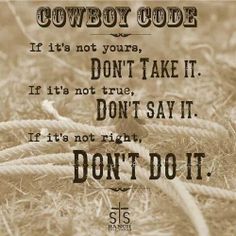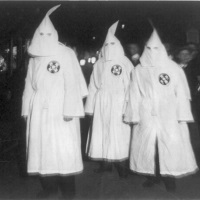By the mid-1860s, the Republican Party’s alliance with blacks had caused a noticeable strain on the Democrats’ struggle for electoral significance in the post-Civil War era. This prompted the Democratic Party in 1866 to develop a new pseudo-secret political action group whose sole purpose was to help gain control of the electorate. The new group was known simply by their initials, KKK (Ku Klux Klan). -Kimberly Bloom Jackson 
Founded in 1866 as a Tennessee social club, the Ku Klux Klan spread into nearly every Southern state, launching a ‘reign of terror’ against Republican Party leaders, black and white. In effect, the Klan was a military force serving the interests of the Democratic Party, the planter class, and all those who desired the restoration of white supremacy. -Dr. Eric Foner 
"Instead of joining us on the right side of history, all Republicans have come up with is this slow down, stop everything, let's start over," said Reid. "You think you've heard these same excuses before, you're right. When this country belatedly recognized the wrongs of slavery, there were those who dug in their heels and said, slow down, it's too early." -Senator Harry Reid 
Democrat, Kkk, Hate, Racism, AntiAmerican, Terrorism
After the Civil War, Forrest lent his name to a group of enforcers of the Democratic Party known as the Ku Klux Klan. Disenchanted with the activities of the group he ordered it to disband in 1869, which did not happen. The Klan and Forrest went separate ways but the stigma of his days as slave trader, the Fort Pillow incident and his brief association with the Klan would forever raise questions about one of America's greatest tactical minds.
Democrat, Kkk, Hate, Racism, AntiAmerican
The 1924 Democratic National Convention, also called the Klanbake,[1] held at the Madison Square Garden in New York City from June 24 to July 9, took a record 103 ballots to nominate a presidential candidate. It was the longest continuously running convention in United States political history. It was the first major party national convention that saw the name of a woman, Lena Springs, placed in nomination for the office of Vice President. It was also known for the strong influence of the Ku Klux Klan.
Democrat, Kkk, Hate, Racism, AntiAmerican
A series of issues that bitterly divided the country during the early 1920s were on display at the 1924 Democratic Convention in New York, including prohibition and religious and racial tolerance. The Northeasterners wanted an explicit condemnation of the Ku Klux Klans. The final vote was 546.15 for the Klan, 542.85 against it.
Democrat, Kkk, Hate, Racism, AntiAmerican, Terrorism
"The records of Congress reveal that not one Democrat – either in the House or the Senate – voted for the 14th Amendment," Barton wrote. "Three years after the Civil War, and the Democrats from the North as well as the South were still refusing to recognize any rights of citizenship for black Americans." He also noted that South Carolina Gov. Wade Hampton at the 1868 Democratic National Convention inserted a clause in the party platform declaring the Congress' civil rights laws were "unconstitutional, revolutionary, and void." It was the same convention when Gen. Nathan Bedford Forrest, the first grand wizard of the KKK, was honored for his leadership.
Democrat, Kkk, Hate, Violence, Racism, AntiAmerican
Founded in 1866 as a Tennessee social club, the Ku Klux Klan spread into nearly every Southern state, launching a ‘reign of terror’ against Republican Party leaders, black and white. In effect, the Klan was a military force serving the interests of the Democratic Party, the planter class, and all those who desired the restoration of white supremacy.
Democrat, Hate, Racism, AntiAmerican
October 13, 1858
During Lincoln-Douglas debates, U.S. Senator Stephen Douglas (D-IL) states: “I do not regard the Negro as my equal, and positively deny that he is my brother, or any kin to me whatever”; Douglas became Democratic Party’s 1860 presidential nominee










